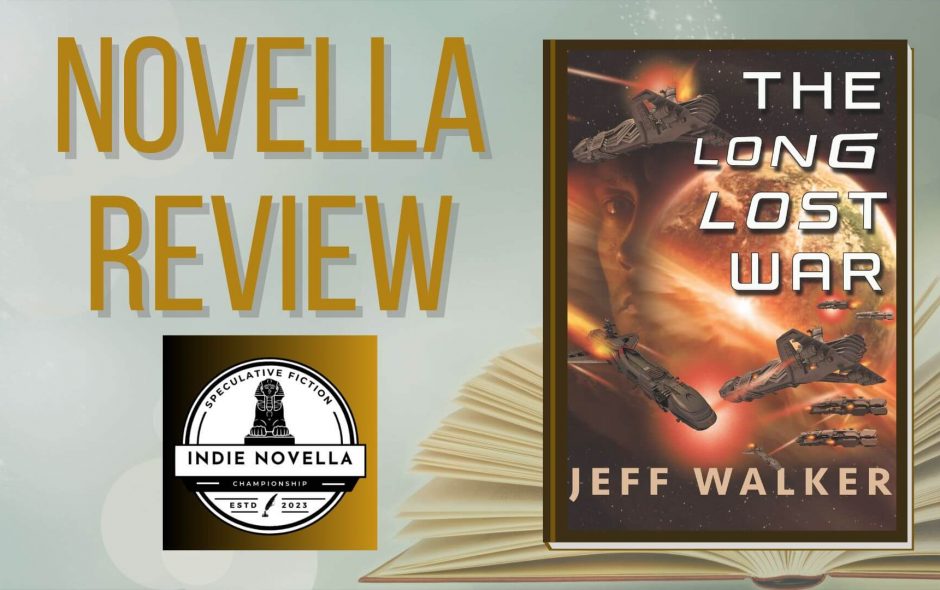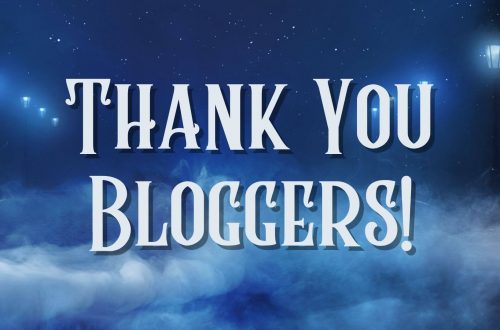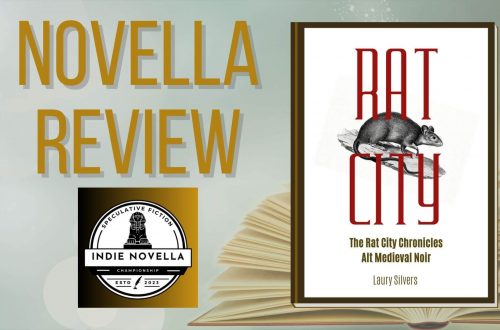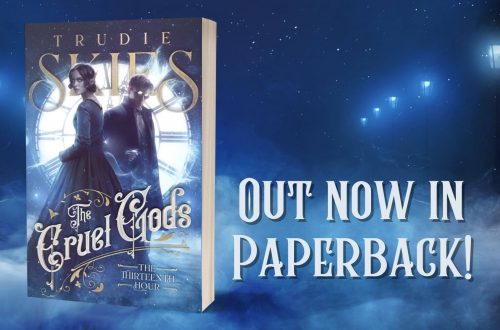Welcome to another review as part of the Speculative Fiction Indie Novella Championship, or SFINCS, which I am judging as part of Team Jamreads alongside a cohort of other lovely judges. For my SFINCS reviews, I will be judging each book on the following five criteria: Characters, Setting, Plot, Writing, and Enjoyment with a bonus point for Cover Art and Formatting. This review contains my honest thoughts and does not represent the opinion or final rating of the team.
This review is for The Long Lost War by Jeff Walker.
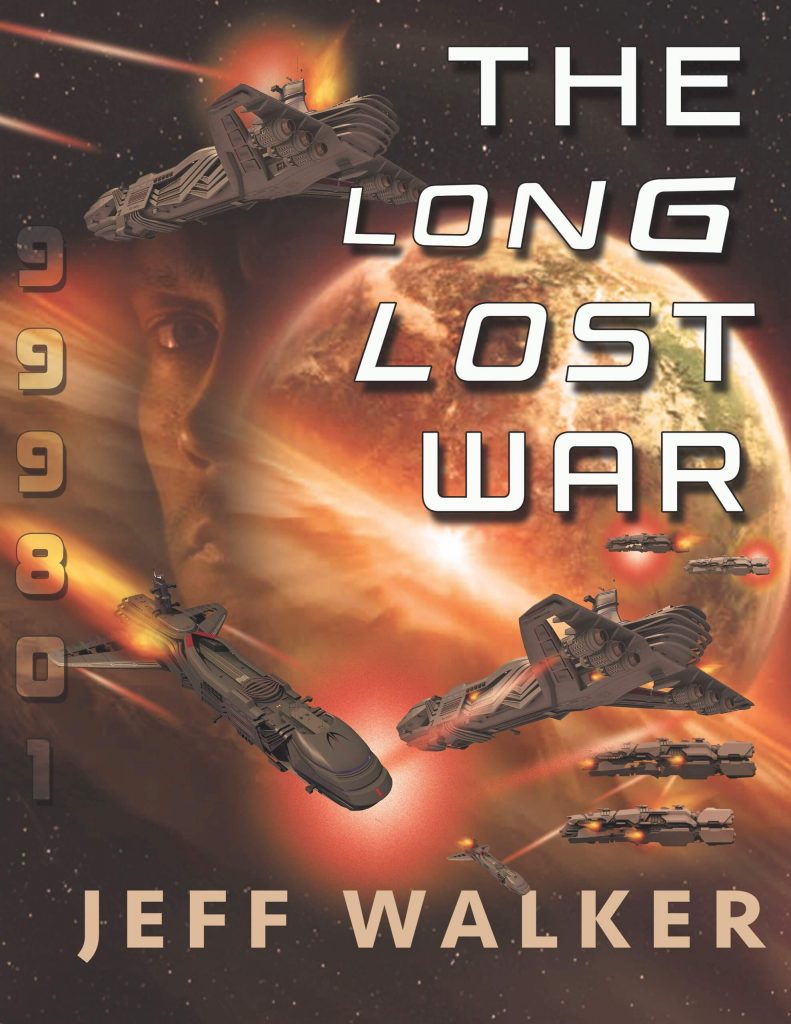
Far from Earth, in a distant solar system, clone soldiers are stuck in an on-going battle against colonial separatists. John 999801 must battle against an enemy that refuses to give up, and dreams of a woman he feels he’s seen before. The life of this low ranking clone soldier is about to take a turn for the worst. Or is it going to open his eyes to the truth? Can one clone soldier make a difference? And who is the woman in his dream? Answers and horrors await him as he joins his fellow replicas to the surface of a planet called… Hell.
Find The Long Lost War on Goodreads
The Review
The Long Lost War is based around a continual war taking place in space and on the planet of Hell. We’re talking clone armies battling it out, though the focus is less on battle and more on the mysterious nature of the war – how did it ever start to begin with, and what are we fighting for?
Characters
This is a first person story written from the perspective of John AKA MechMan, a mechanical engineer aboard a fleet that has been caught in a never ending war for years, though no one knows exactly how long. John is one of many clones within the clone army. Each seem to have been cloned from the same original blueprint, thus they all look eerily similar but with a few genetic and cosmetic differences to help them stand out. While poor John is aware of his position in the fleet, he’s also been having odd dreams of another life, of a mysterious women that feels familiar to him, and he’s beginning to question the war effort, much to the chagrin of his shrink.
What I liked about John is that he isn’t your typical muscle-heavy action hero. He’s a mechanic, with a talent for tinkering, and he has no interest in war. When he’s forced into his first real battle, he’s a complete coward and almost gets himself killed. He’s a dreamer, quite literally, and has an endearing, almost child-like optimism. However, this child-like optimism does border on the juvenile, which I found grating at times. Though was this a fault of the story, or because John, as a clone, was less than ten years old?
Setting
The story takes part in space among the fleet, and also down on the planet of Hell. There’s some description of space flight later on, though a large section of the story takes place on Hell which is aptly named and showcases the full horror of a century-long space war. There’s plenty of mechs, weapons, and ships on scene.
Plot
This was my favourite aspect of The Long Lost War, and it reminded me of a certain Doctor Who episode. While the story itself was fairly predictable, I felt myself drawn along by the mystery of the war and the origin of the clones. New information is revealed at a good pace and I felt myself tearing through the pages to see what happened next. The ending really hit it out of the park, though I personally may have ended it a little earlier. While it did leave the story open to potential sequels, it worked perfectly as a standalone and left me feeling satisfied.
Writing
The writing style was quick paced, however, I do feel as though the writing was the weakest aspect of the story. There were a few grammatical and formatting errors throughout that made this story feel like a first draft in places. Some of the details were quite repetitive, such as John constantly mentioning how familiar everyone felt – yes, you’re a clone. Whereas other aspects of the plot and worldbuilding could have been fleshed out with more details. For example, we’re told that ‘various’ weaponry or machines are used in the battle, but these descriptions are too vague. Give me details! Tell me what are! The dialogue and tone also felt juvenile at times, and I couldn’t tell if the story wanted me to take it seriously or not.
The writing also committed two sins. One, opening with a dream sequence, I can forgive, as dreams were a fundamental part of the story. However, the constant use of brackets really weren’t necessary and distracted from the writing. It reminded me of my old English teacher who said that anything placed in brackets (is a waste and) can be deleted.
Enjoyment
That said, despite the writing issues, I massively enjoyed The Long Lost War. In fact, of all the books I’ve read for SFINCS so far, this has been my most enjoyable and is the one I’ve been thinking about even after putting the book down. Personally, I think this book could do with some more editing and polishing to make it a truly great book, but the potential is there. I enjoyed the concept of the clones, and I could imagine the story and ending as a Hollywood sci-fi thriller. I’d love if the author went back and did more with this!
Reading The Long Lost War has also inspired me to read more sci-fi.
Cover Art and Formatting
The cover does a great job of signposting exactly what genre we’re dealing with here, but I’m not a fan of the ghostly face floating in space! The author name also isn’t centred, which is a minor nit-pick.

